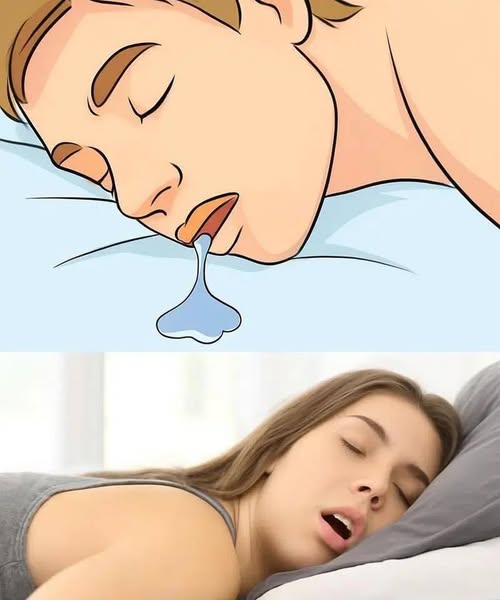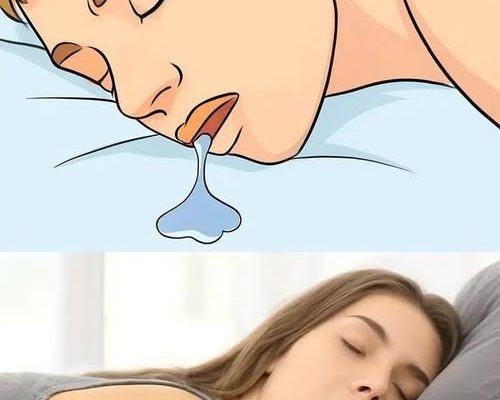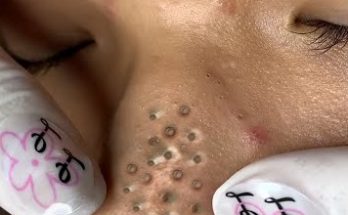Is Drooling While Sleeping a Sign of a Neurological Problem?

While occasional drooling during sleep is usually harmless, persistent or excessive drooling may be linked to neurological conditions that affect muscle control and brain function.
🧠 Neurological Explanation:
Your brain controls your facial muscles, including those involved in swallowing and managing saliva. When there’s a problem in the brain or nervous system, it can interfere with your ability to swallow properly. This can lead to hypersalivation (excess saliva) or difficulty keeping saliva inside the mouth, especially when you’re asleep and muscle control is more relaxed.
Neurological Conditions Associated with Drooling:
1. Parkinson’s Disease:
A progressive brain disorder that affects movement and muscle control.
People with Parkinson’s may have reduced swallowing reflexes, leading to drooling, especially when sleeping or resting.
2. Stroke:
A stroke can damage parts of the brain responsible for motor control.
If facial muscles are weakened or paralyzed, the ability to manage saliva decreases, which may result in drooling.
3. Amyotrophic Lateral Sclerosis (ALS):
Also known as Lou Gehrig’s disease.
It affects the nerves that control voluntary muscles, including those of the face and throat, leading to drooling.
4. Cerebral Palsy:
A group of disorders affecting muscle tone and movement due to brain damage before or at birth.
Many individuals with cerebral palsy have difficulty controlling oral muscles, causing chronic drooling.
5. Multiple Sclerosis (MS):
An autoimmune condition that damages the protective covering of nerves in the brain and spinal cord.
Can affect swallowing and muscle coordination, potentially leading to drooling.
6. Traumatic Brain Injury (TBI):
Injury to the brain can disrupt normal nerve signals and impair muscle control around the mouth and throat.
🛑 When to Be Concerned:
If drooling is:
Chronic or worsening
Accompanied by speech difficulty, facial weakness, or swallowing problems
Paired with tremors, stiffness, or coordination issues
Then it could be a neurological symptom, and you should consult a neurologist or medical professional for evaluation.
✅ Final Note:
While not all cases of drooling are related to brain disorders, excessive, unexplained drooling may be an early sign of a neurological condition and should not be ignored—especially in adults.


